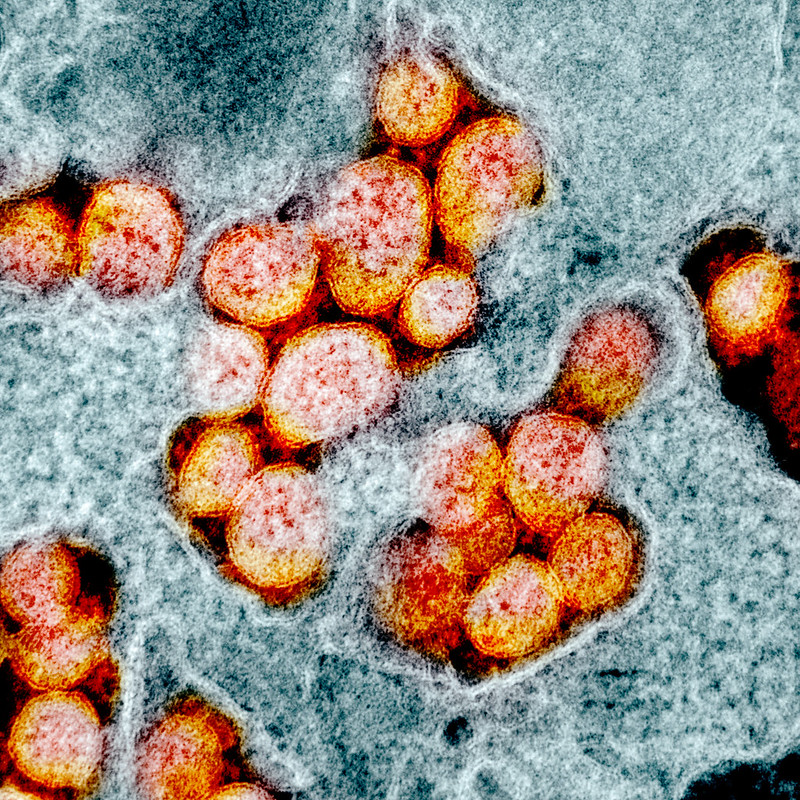Moderna to raise $1.34bn for late-stage COVID-19 vaccine trial

Moderna’s COVID-19 vaccine has produced a strong immune response in early trials – but will it be able to prevent infections on a large scale?
That’s the question on many lips after the company reported results showing people taking the mRNA-based vaccine are capable of producing neutralising antibodies against the SARS-CoV-2 virus that causes the disease.
Moderna is planning a share offering to raise around $1.34 billion to fund a phase 3 trial of its mRNA-based vaccine that is slated to begin in July.
The news from the trial sent the company’s share price soaring by almost 20% to nearly $80 per share on the Nasdaq stock exchange,
Results from the 43-day trial show that the vaccine produced COVID-19 antibodies in all 40 participants, but the interim data could only confirm that eight patients were producing antibodies that could neutralise the virus.
Neutralising antibody data are available only for the first four participants in each of the 25 microgramme and 50 microgramme dose cohorts – and all of these people were producing antibodies that could neutralise the virus.
Moderna has opted to study two dose levels at phase 2 – 50 microgrammes and 100 microgrammes – and aims to select the most appropriate dose for the phase 3 study, most likely between the two values.
The company has decided against using the higher dose level after people taking it showed signs of fever.
Preclinical results from a mouse study showed that vaccination with the vaccine dubbed mRNA-1273 prevented viral replication in the lungs of animals challenged with SARS-CoV-2.
Moderna is using an untested approach that involves using mRNA to code for a protein found on the surface of the coronavirus - a novel technique that has a much faster development time than conventional vaccines but is yet to be proven in the clinic.
Former FDA commissioner Scott Gottlieb told CNBC: “This is very early, why people are enthusiastic is people weren’t sure the mRNA approach to developing a vaccine was going to work at all.
“What we are seeing now is that using this approach you can develop a construct that in humans can produce antibodies against the virus.
“It’s a long road ahead, they have to figure out how to manufacture it, they have to figure out what the right dose is, we don’t know how durable the protection will be and we don’t know how extensive it is going to be.”
There are now eight potential COVID-19 vaccines in clinical trials according to a regularly-updated horizon scanning document maintained by the World Health Organization, with the front-runner from CanSino Bio already in phase 2 development.
Feature image courtesy of Rocky Mountain Laboratories/NIH











